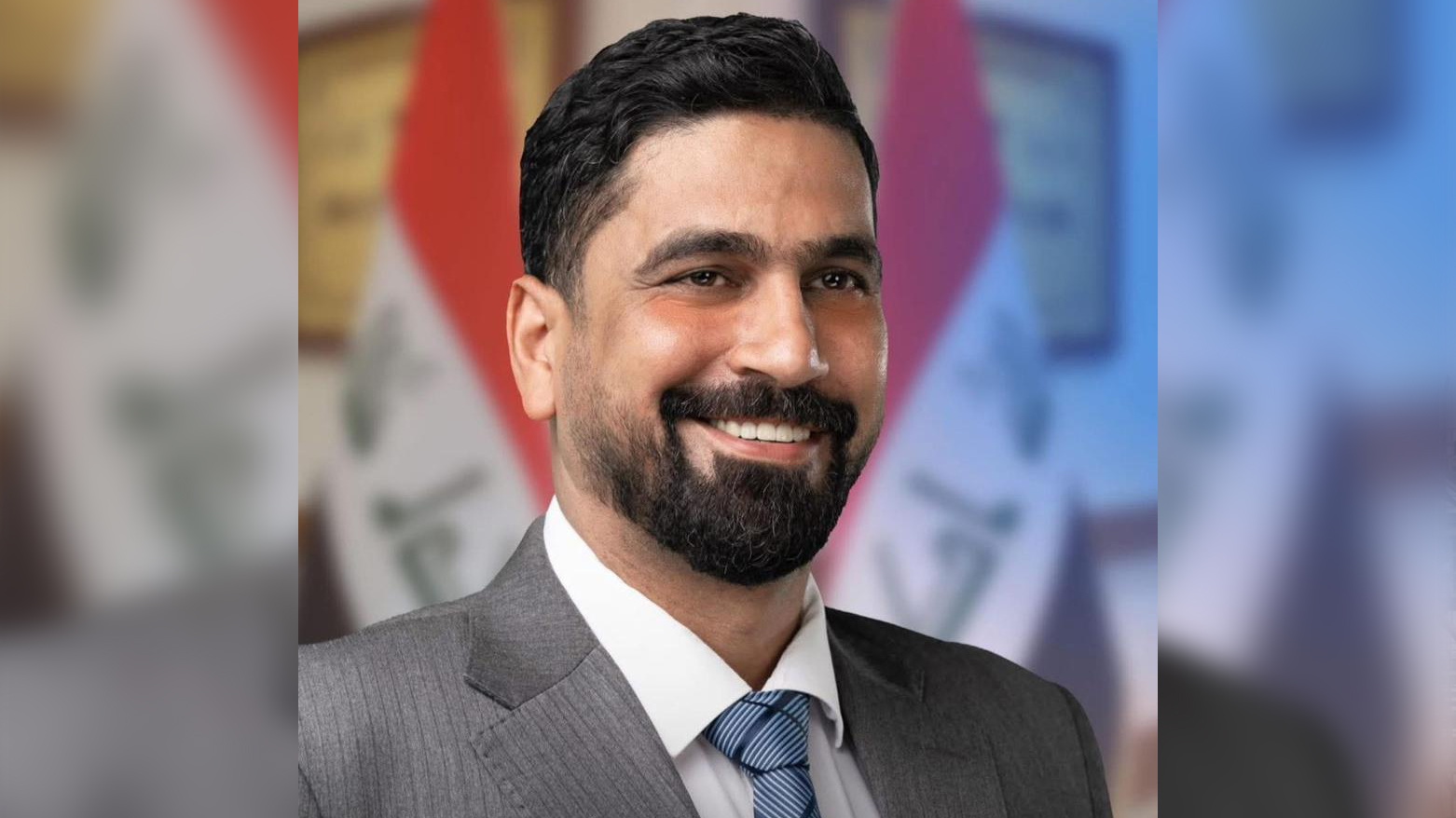Sunni Parliament Candidate Safa al-Mashhadani Assassinated in Baghdad Ahead of Elections
Political tensions rise as Iraq’s November 11 vote approaches, raising suspicions over Shiite militia involvement and electoral intimidation.

ERBIL (Kurdistan24) — Members of Iraq’s al-Siyada Alliance announced on Wednesday that Safa al-Mashhadani, a member of the Baghdad Provincial Council and their parliamentary candidate for the upcoming November 11 elections, was assassinated in the capital after an improvised explosive device (IED) targeted his vehicle earlier in the day.
According to initial reports, the explosion occurred in Baghdad’s Tarmiyah district, setting al-Mashhadani’s car ablaze and killing him instantly. Video footage circulating on social media shows the moment of the blast, with thick smoke rising from the vehicle engulfed in flames.
Al-Mashhadani, a Sunni politician and one of the prominent figures within the al-Siyada Alliance led by Khamis al-Khanjar, was widely regarded as one of Baghdad’s most popular and influential local leaders.
His growing popularity, especially among young voters and Sunni communities in the capital, made him a strong contender in the upcoming parliamentary race and a key vote-winner for his alliance.
The assassination of Safa al-Mashhadani comes amid an increasingly tense and polarized political climate in Baghdad, where rival parties are intensifying their campaigns ahead of the November polls.
The killing has sent shockwaves through Iraq’s already fragile political landscape and raised serious concerns about the return of politically motivated violence reminiscent of earlier electoral cycles.
Observers believe the attack could be linked to the fierce competition between the ruling Shiite political blocs and emerging Sunni alliances seeking to expand their influence in Baghdad and other mixed areas.
The al-Siyada Alliance, which presents itself as a defender of Sunni rights and a voice for national balance, has been seen as a growing political threat to established Shiite-led coalitions that dominate Iraq’s parliament and government institutions.
On multiple local Iraqi TV stations, talking about the incident, analysts noted that al-Mashhadani’s assassination bears hallmarks of targeted political elimination, aimed at weakening the Sunni front before the elections.
His popularity, charisma, and organizational role in Baghdad made him a pivotal figure capable of mobilizing thousands of voters, particularly in districts where Sunni representation had been eroded in previous years.
The attack also underscores Iraq’s deeply entrenched culture of political intimidation, where assassinations, kidnappings, and threats often shape electoral outcomes.
While the perpetrators remain unknown, many in Baghdad’s political circles have raised suspicions toward elements within pro-Iran Shiite militias, who have been accused in the past of targeting Sunni leaders and reform-oriented candidates.
As usual, the Iraqi government is expected to open an investigation into al-Mashhadani’s killing. However, similar inquiries in the past have rarely led to tangible results or public accountability, reinforcing doubts about the state’s ability—or willingness—to confront armed groups operating beyond its control.
As Iraq edges closer to the November 11 vote, the assassination threatens to further erode public confidence in the electoral process and heighten sectarian divisions, casting a shadow over hopes for a peaceful and democratic transition.
The assassination has sparked widespread outrage across Baghdad, with citizens taking to social media to condemn the violence and call for justice. Civil society activists argued on social media that the murder of a high-profile Sunni candidate could intimidate voters and candidates alike, potentially skewing the November elections and undermining public confidence in Iraq’s democracy.
With tensions running high, the coming weeks are likely to test both the security apparatus and the political resilience of Baghdad’s electoral system.